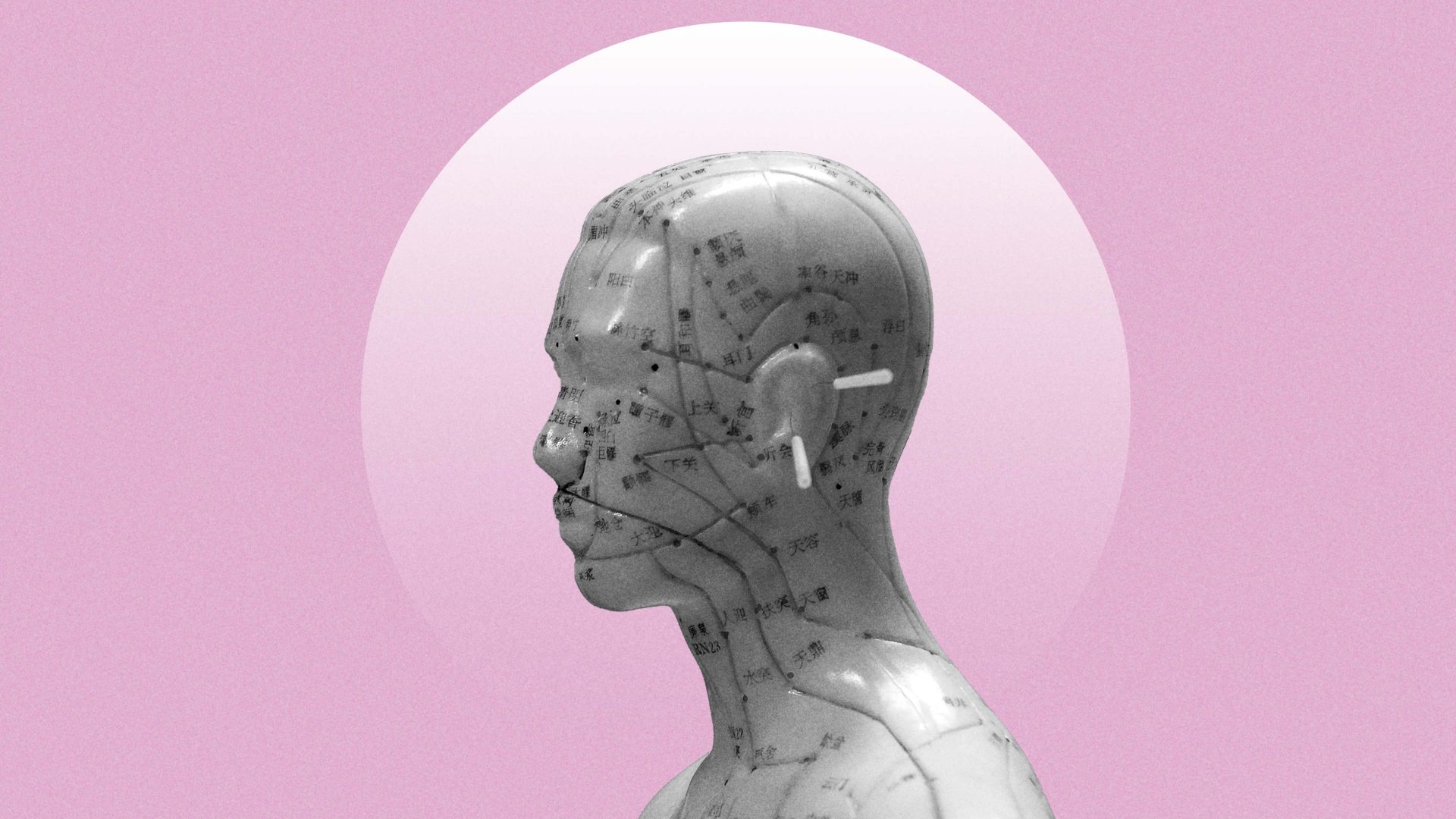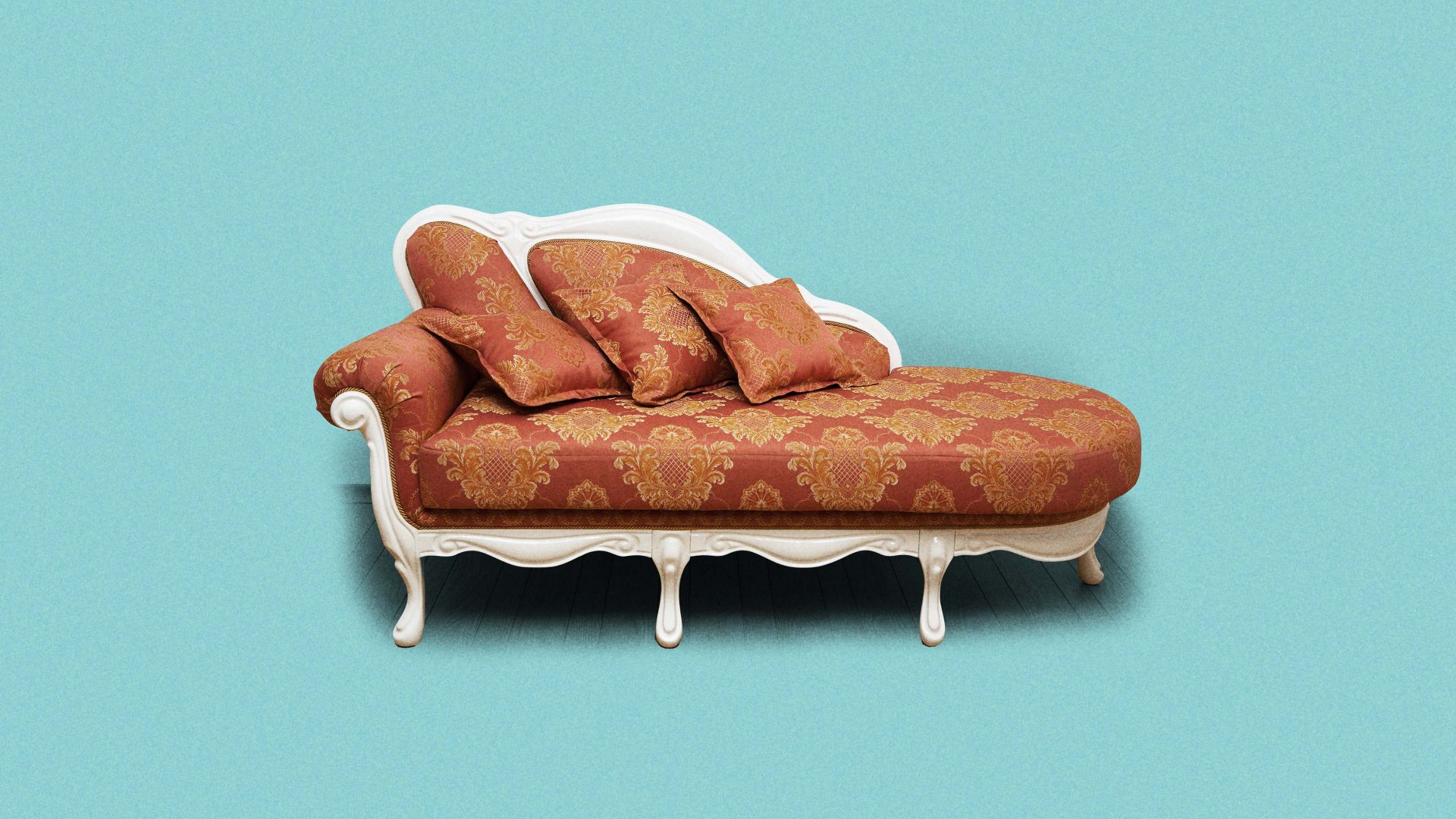The man with the black rubber gloves stopped me for a second time – and since he has a rural Irish accent (he’s from the Wicklow mountains) it felt a little as if I’d stepped back into an earlier era. This time, his upraised and darkly adamant digit was wagging because of a cyber attack on the blood-testing facility used by the hospital trust where we’re both being treated – he for acute psoriasis, me for cancer.
It’s scary, sure – one might even say, in my case, scarily ironic: I mean, when you’re diagnosed with a progressive and potentially fatal cancer, you – well, at least I – allow yourself a free pass when it comes to agonising about the world’s woes, or indeed imagining that they can somehow eclipse your own. Which is what the man-with-the-black-rubber-gloves wants – or, rather, he wants us to make common cause: last time he accosted me he talked at length about how he’s at last found a beauty therapist in south London, who will replicate the treatment he had for his psoriasis as a child.
When his mother would take him at night to the remote cottage of some wise peasant woman, who’d strip the little boy naked on the hearthrug in front of the fire, and carefully dribble molten goose fat over his corrupted skin. The problem is the smell – otherwise, it’s like hot wax treatments, which is why a beauty therapist should be in a position to do it, but then it isn’t really a smell you’d want in a salon…
Am I in a need-to-know position? No. But the thing is the MwtBRGs positively would like me to have psoriasis, rather than cancer.
Yes, just as Schopenhauer believed life to be such a weal of woe, he proposed people should greet one another “Hello, fellow sufferer”, so each ill person wishes you to join him in both the specifics of his malady, and his therapy. James, who I’ve l been on bumping-into-and-chatting terms for decades now, has been HIV positive since the mid-1990s, and you’d’ve imagined he’d know a thing or two about complementary therapies, if not alternative ones. He suffers from neuropathy – as do I – and urged acupuncture, which the consultant nixed double-quick when I raised the possibility with him.
You can understand why people want to at least take back some semblance of control, when their passport is eventually stamped and they enter what Susan Sontag memorably described as the “other country” of serious illness. And working people, poor people, those from disadvantaged minorities, suffer from the worst health, and are most inclined to seek alternative therapies; thereby hoping to feel a sense of empowerment which is all too often vitiated by the way western medicine, with its essentially rationalist-robotic view of how the human body, operates.
Zuzanna, who does for us, and who suffers from rheumatoid arthritis, swears by milkweed seeds, Ayub, who works in the hardware shop, by sesame ones: “I grind them up into a powder, mix them with water and drink them. You should do that! Should I, Ayub, really?
As for sea moss, don’t get me started – entering popular consciousness through those vectors of utter vanity, TikTok influencers, the Kardashians, Bella Hadid et al, this panacea has now spread like some psychic seaweed through the local African-Caribbean community.
It could be their hearkening to their natal waters – which can seem a long way off in the bricky-heart of London. Every other stall in Brixton market has its little bags of sea moss, and the guy who has a jerk chicken outlet in a caravan on the estate next to my gaff, has masses of the stuff. Everyone I talk to urges sea moss upon me like a zealot, as if not an outright cure for cancer, a Catholicon of rare effectiveness.
So far, I’ve resisted moss – as I have seeds and needles and goose fat. Although, why, precisely? Even if illness isn’t – vide Sontag also – a metaphor, then what often palliates it most effectively is.
Humans are very credulous apes, indeed, in case you hadn’t noticed – while much of what goes on in our troubled minds has the utility of a daydream. Which is why these figurations of biological processes we simply cannot apprehend are important for cultivating a positive attitude. If you like, they’re the therapeutic equivalents of political ideologies, encouraging the ill person to make the myriad individual efforts, none of which in itself is a balm, but all of which, in sum, might constitute a recovery.



